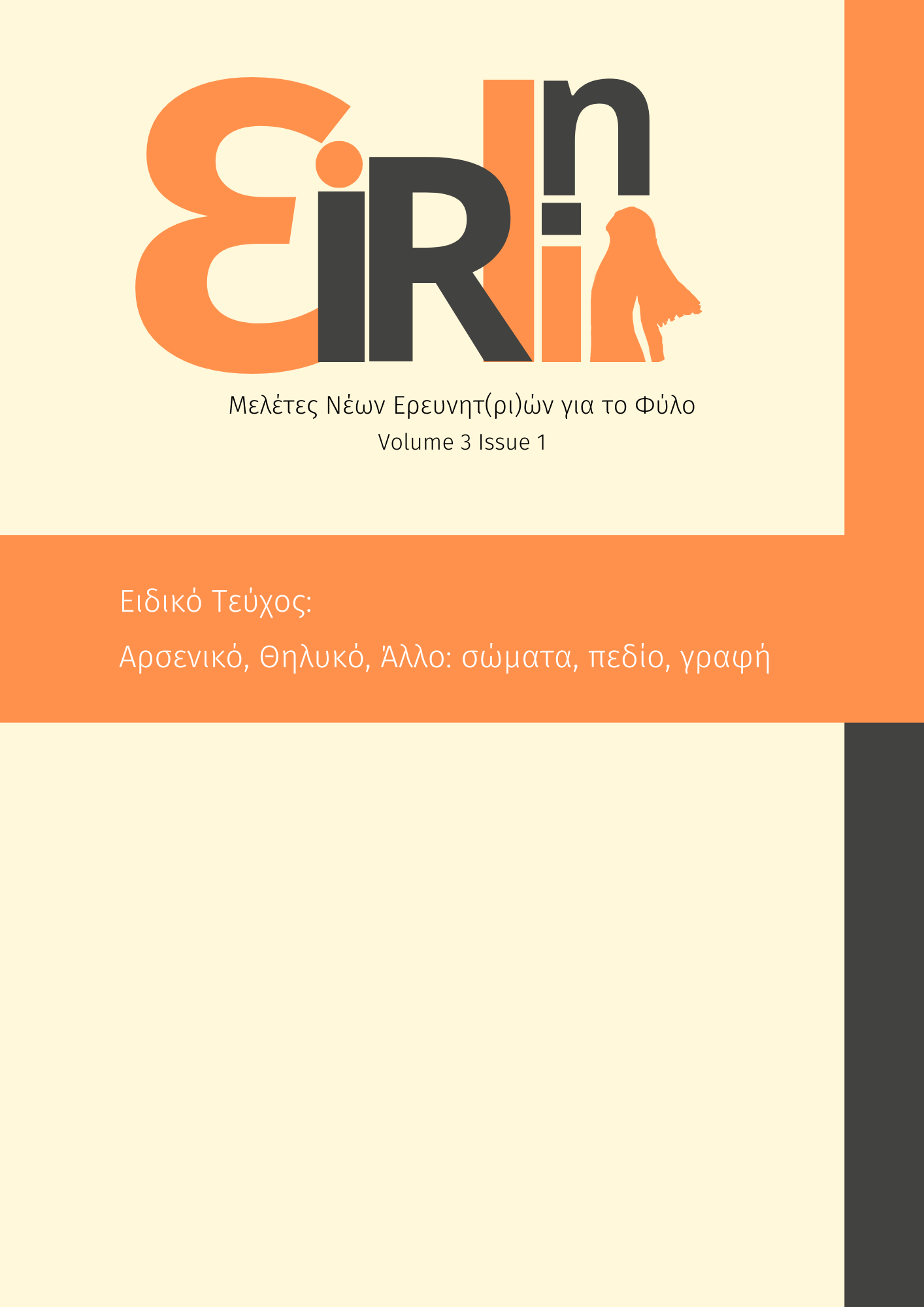Writing the language of violence: autoethnographic experimentations on the margins between scientific and literary language
DOI:
https://doi.org/10.26266/jeiyoschstugenvol3pp28-36Keywords:
self-defense, epistemology, autoethnography, violence, body, vulnerability, performativityAbstract
In this paper, I use findings of my autoethnographic research in queer feminist self-defense groups, in order to consider the available ways one has to talk and write about violence, in an ethnographic field that is characterized by it. In this field, “learning the language of violence”, in the words of one of my interlocutors, is an inevitable goal and the pacifist rejection of violence is not an available choice. In my effort to find a way to write about violence, I write a “somatopolitical fiction”, integrating parts of my autoethnographic diary in the writing process. With this, I hope to problematize what it means to engage in anthropological work as a member of a community formed by violence, from the position of a shared embodied vulnerability. With the realization that in order to write about violence, the unbending strict scientific language does not suffice, I believe that the epistemological and political claim of situated knowledges and the autoethnographic method can be both ways to approach topics related to violence and the subjects and interlocutors that experience and negotiate with it.
Downloads
Published
How to Cite
Issue
Section
License
Copyright (c) 2023 EIRINI/Young Scholar Studies on Gender

This work is licensed under a Creative Commons Attribution-NonCommercial 4.0 International License.

